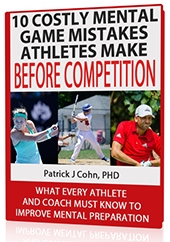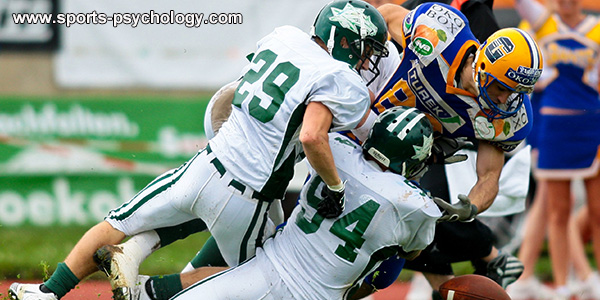How Bridgewater Overcame His Knee Recovery
Have you ever struggled with injury?
Been upset, frustrated, angry, unable to keep it together through your rehab?
Did you think you’d never be able to play at the level you were before your injury?
Have you expected your rehab to go a certain way, and then it didn’t?
Teddy Bridgewater, a current quarterback for the New York Jets suffered a gruesome knee injury on August 30th, 2016. A torn ACL and a dislocation.
Many thought his career was over.
“It was scary,” Bridgewater said.
Bridgewater’s recovery has been a long road. On November 12, 2017 he was able to dress in his uniform and stand on the sidelines for the first time since his injury.
That was Over a Year Rehabilitating
The quarterback commented on being able to stand on the field again.
He said: “It brought tears to my eyes because it showed me you’re never out of it, you’re never out of the fight.”
In the 2018 season, Bridgewater has an opportunity to earn the Jets’ starting position, or he could be trade bait in the preseason. He doesn’t look ahead though, instead, focusing only on minicamp right now.
Bridgewater stated: “I have a list of small goals. I’ve been checking them off the list.”
Injury can bring many challenges, both physical and mental. The severity of those challenges often dependent on the intensity of the injury.
Athletes will of course be limited in their physical ability, but they might also experience anger, frustration, sadness, fear, feelings of loss, and a decreased self-confidence and self-esteem.
For some Athletes, Injury and Recovery can Resemble the Bereavement Process
During college, I (Dr. Megan) suffered an injury that kept me out for an entire year, a regular and spring season.
I experienced all these emotions and endured additional challenges.
More so, I struggled to return mentally, having a fear of reinjury, lacking trust, and not being confident in my ability.
As a result, I didn’t return the player I was before my injury.
When you become injured in your sport, you want to rehabilitate your mental game along with the physical, so you’re able to return to your preinjury level.
Like Bridgewater, set small, manageable goals you can check off through your recovery.
Having attainable targets helps you focus on the process of rehabilitation and might also improve your confidence along the way, as you successfully complete your goals.
Also, Eliminate your Expectations Through your Recovery
If you think you should return at a certain point or be the player you were before your injury, you’ll likely be frustrated if that’s not the case.
Bridgewater’s rehabilitation took well over a year, though he persevered through the process and remained optimistic through all obstacles.
To learn about how to stay focused during competition, check out “The Focused Athlete” audio and workbook program:
Related Sports Psychology Articles:
- Your Mental Toughness and Returning From an Injury
- The Psychology of Sports Injury
- Moving Past Missed Opportunities in Competition
Free Mental Toughness Reports

Get instant access to a mental game report to improve your mental toughness. Are you making one or more of these “deadly” mental game mistakes prior to competition? You can improve your mental game with one of our free sports-specific reports below.
with our free mental toughness reports, you’ll:
- Discover if you have positive or negative pregame jitters.
- Identify your pre-competition mental game mistakes.
- Learn the important pregame mental skills to boost your performance and success!
Learn how mental game strategies can boost your mental toughness in sports with Dr. Cohn’s free mental game reports!

